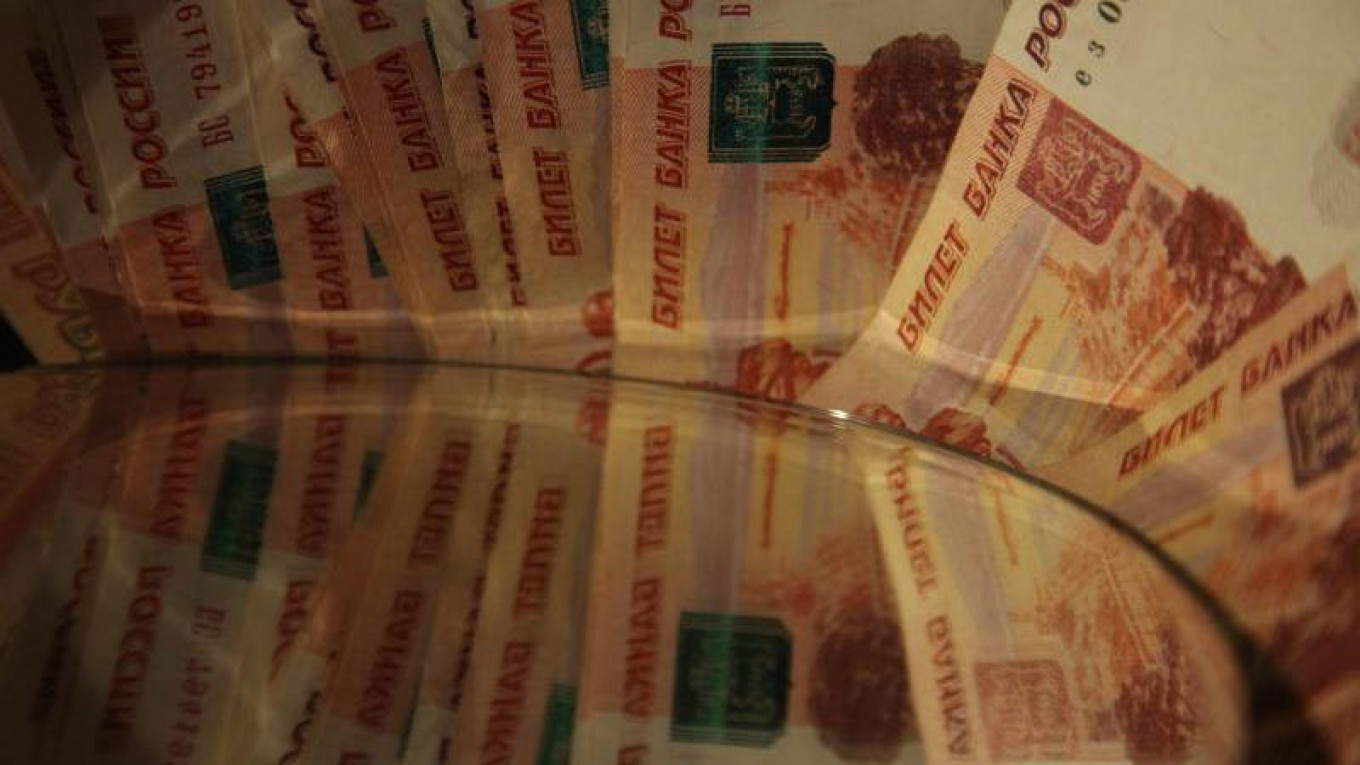Russian money launderers are exploiting government bailiffs to transfer dirty cash out of the country.
A legal loophole may have already seen more than 16 billion rubles ($269 million) in surreptitious funds sent abroad, the Kommersant newspaper reported Friday.
The scheme requires a Russian judge to sign off on a debt collection agreement between a Russian citizen or company and a business or individual based outside of the country.
When bailiffs use this court judgement to transfer money from a Russian “debtor” to their “creditor” abroad, Russian banks are unable able to properly scrutinize the deal.
Russia's Central Bank told Kommersant that the subterfuge enjoyed the full protection of the law because Russian banks and the Federal Bailiff service are both legally unable to question court decisions. It now hopes to tackle the problem by allowing banks to refuse any “suspicious” debt repayments.
More than 37 billion rubles ($624 million) were transferred about of Russia as part of debt repayment plans in 2016.
In each case, payments ranged from 400 million ($6.8 million) to 6 billion rubles ($101 million).
A Message from The Moscow Times:
Dear readers,
We are facing unprecedented challenges. Russia's Prosecutor General's Office has designated The Moscow Times as an "undesirable" organization, criminalizing our work and putting our staff at risk of prosecution. This follows our earlier unjust labeling as a "foreign agent."
These actions are direct attempts to silence independent journalism in Russia. The authorities claim our work "discredits the decisions of the Russian leadership." We see things differently: we strive to provide accurate, unbiased reporting on Russia.
We, the journalists of The Moscow Times, refuse to be silenced. But to continue our work, we need your help.
Your support, no matter how small, makes a world of difference. If you can, please support us monthly starting from just $2. It's quick to set up, and every contribution makes a significant impact.
By supporting The Moscow Times, you're defending open, independent journalism in the face of repression. Thank you for standing with us.
Remind me later.






